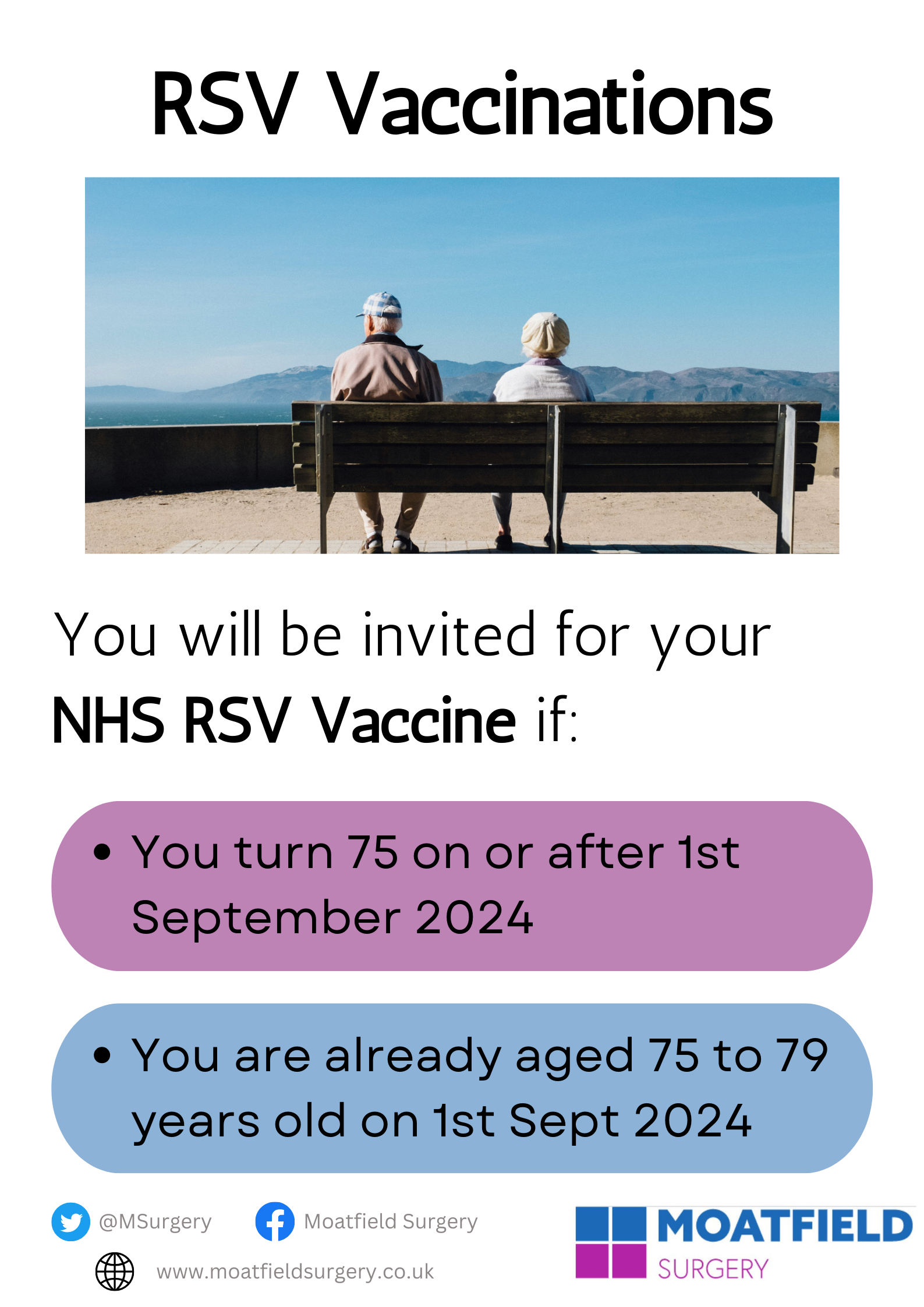Adult Immunisations
Shingles Vaccine
The Shingles vaccine protects against Shingles, an infection that causes a painful rash. The Vaccine is recommended for people who are at a higher risk from shingles.
Who can have the Shingles Vaccine?
About Shingles
Shingles is caused by the reactivation of the chickenpox virus (varicella-zoster virus). It can cause a painful rash and, in some cases, long-lasting nerve pain called post-herpetic neuralgia (PHN). The risk of shingles and its complications increases with age and in people with weakened immune systems.
The NHS offers the shingles vaccine to eligible adults to reduce the risk and severity of shingles.
https://www.nhs.uk/vaccinations/shingles-vaccine/
Benefits of the Shingles Vaccine (Pros)
The shingles vaccine:
- ✔ Reduces the risk of developing shingles
- ✔ Lowers the chance of long-term nerve pain (post-herpetic neuralgia)
- ✔ Makes shingles milder if it does occur
- ✔ Provides long-lasting protection for most people
- ✔ Helps reduce complications that can significantly affect quality of life, especially in older adults
Possible Side Effects and Limitations (Cons)
Like all vaccines, the shingles vaccine can cause side effects, although most are mild and short-lived.
Common side effects may include:
- ❗ Soreness, redness, or swelling at the injection site
- ❗ Headache
- ❗ Muscle pain
- ❗ Mild fever or feeling tired
Less common considerations:
- ❗ The vaccine does not guarantee complete protection
- ❗ Some people may still get shingles, but symptoms are usually less severe
- ❗ Rare allergic reactions can occur
You should not receive the vaccine if you have had a severe allergic reaction to a previous dose or to any component of the vaccine, or if you are advised not to due to specific medical conditions.
Pneumococcal Vaccine
The pneumococcal vaccination protects against serious bacterial infections such as meningitis, sepsis and pneumonia. It can also help to protect you against other illnesses such as ear infections and sinusitis.
Who can have the Pneumococcal Vaccine?
| People aged 65 and over |
|---|
|
| Children and Adults at higher risk of getting seriously ill |
|---|
|
You can have the pneumococcal vaccine at the same time as other vaccinations, such as shingles or flu, so long as you are eligible.
About Pneumococcal Disease
Pneumococcal disease is caused by pneumococcal bacteria and can lead to serious illnesses such as pneumonia, meningitis, and blood poisoning (septicaemia). These conditions can be particularly severe in older adults and people with certain long-term health conditions.
The NHS offers the pneumococcal vaccine to:
- Adults aged 65 and over
- Adults aged 18–64 with specific health conditions that increase risk
https://www.nhs.uk/vaccinations/pneumococcal-vaccine/
Benefits of the Pneumococcal Vaccine (Pros)
The pneumococcal vaccine:
- ✔ Reduces the risk of serious pneumococcal infections
- ✔ Helps prevent pneumonia, meningitis, and septicaemia
- ✔ Lowers the risk of severe illness, hospital admission, and complications
- ✔ Provides long-lasting protection (often one dose for life for most adults)
- ✔ Protects those at higher risk due to age or underlying medical conditions
Possible Side Effects and Limitations (Cons)
Like all vaccines, the pneumococcal vaccine can cause side effects, though most are mild and short-term.
Common side effects:
- ❗ Pain, redness, or swelling at the injection site
- ❗ Mild fever
- ❗ Feeling tired or unwell
- ❗ Muscle aches
Less common considerations:
- ❗ The vaccine does not protect against all types of pneumonia
- ❗ Protection is not 100%, but illness is usually less severe if it occurs
- ❗ Rarely, allergic reactions can occur
You should not receive the vaccine if you have had a severe allergic reaction to a previous pneumococcal vaccine or any of its ingredients, or if advised otherwise by a healthcare professional.
RSV (Respiratory Syncytial Virus) Vaccine
RSV is very common, and not usually serious. However some babies and adults are at higher risk of becoming seriously ill. In particular:
- Babies under 6 months
- Children born Prematurely
- Adults over 75 Years
- Babies, children and older adults born with a weakened immune system, or long-term heart conditions.
RSV is a common cause of bronchiolitis in babies, which can cause breathing problems and may have to be treated in hopsital. RSV can also lead to pneumonia in babies and older adults.
Who can have the RSV Vaccine?
You will be invited for your NHS RSV Vaccine if:
- You turn 75 on or after 1st September 2024.
- You are already 75-79 years old on 1st September 2024.
This is not a Live vaccine, so it is okay to have if you are immunosuppressed. It contains no Animal Products so is suitable for Vegetarians.
Further Resources
You can read all about how to protect yourself by having the RSV Vaccine in the Guide to the RSV Vaccine for Older Adults.

Pertussis (Whopping Cough) Vaccine
Whooping Cough (also known as Pertussis) is a serious infection that causes persistent coughing and choking, making it hard to breathe.
It is highly infectious and can lead to pneumonia and brain damage, particularly in young babies. Pregnant women can help protect their babies from whooping cough by getting vaccinated while pregnant.
The immunity you get from the vaccine will be passed to your baby through the placenta and will give them enough protection until they are old enough to be vaccinated against Whooping Cough at 8 weeks old.
It is advised that the best time to get vaccinated to protect your baby is from 16 weeks up to 32 weeks of pregnancy.
This gives the best chance that your baby will be protected from birth so the antibodies can transfer before they are born.
It is possible to have the vaccine up until you go into labour, however this is not ideal as your baby is less likely to get the protection.

Travel Vaccines
You may require vaccinations before you travel, this will depend on where you are travelling to.
We have a page dedicated to travel health, including our travel risk assessment form and general advice for travel.
Am I Up To Date?
Most patients can now check their immunisations on their NHS App/Patient Access account. We have linked resources below for information on how to set up Online Services.
If you do not have access to your immunisation records and would like to, please contact the surgery.
If you feel your health needs require a vaccine we cannot offer, please contact NHS England.
- By Post to: NHS England, PO Box 16738, Redditch, B97 9PT
- By Email to: england.contactus@nhs.net stating "For the Attention of the Complaints team" in the subject line
- By Telephone: 0300 311 22 33
Last Updated 07/08/2025


